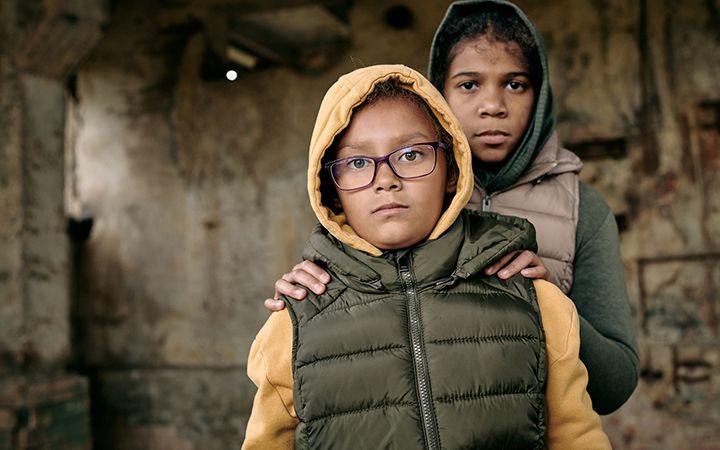Community development and social programs
Helping organizations administer programs that bring economic transformation to families and communities.
Our services
Organization optimization
- Partnership building
- Technical assistance
- Research and evaluation
- Learning and development
- Organizational change management
- Culturally relevant and trauma-informed training
- Capacity building and knowledge management
- Leadership development
- Organizational and cultural assessments
Planning and implementation
- Clearing houses and resource centers
- Program design, implementation, and management
- Case reviews and caseload studies
- Client management systems
- Service array assessments
- System mapping
- Layering funding streams
Performance management
- Labor market projections and asset mapping
- Strategic communications
- Developing community safety nets
- Websites for information sharing and data collection
- Surveying and analysis
- Data reporting and visualization
Our work
Related industries, solutions, and services






